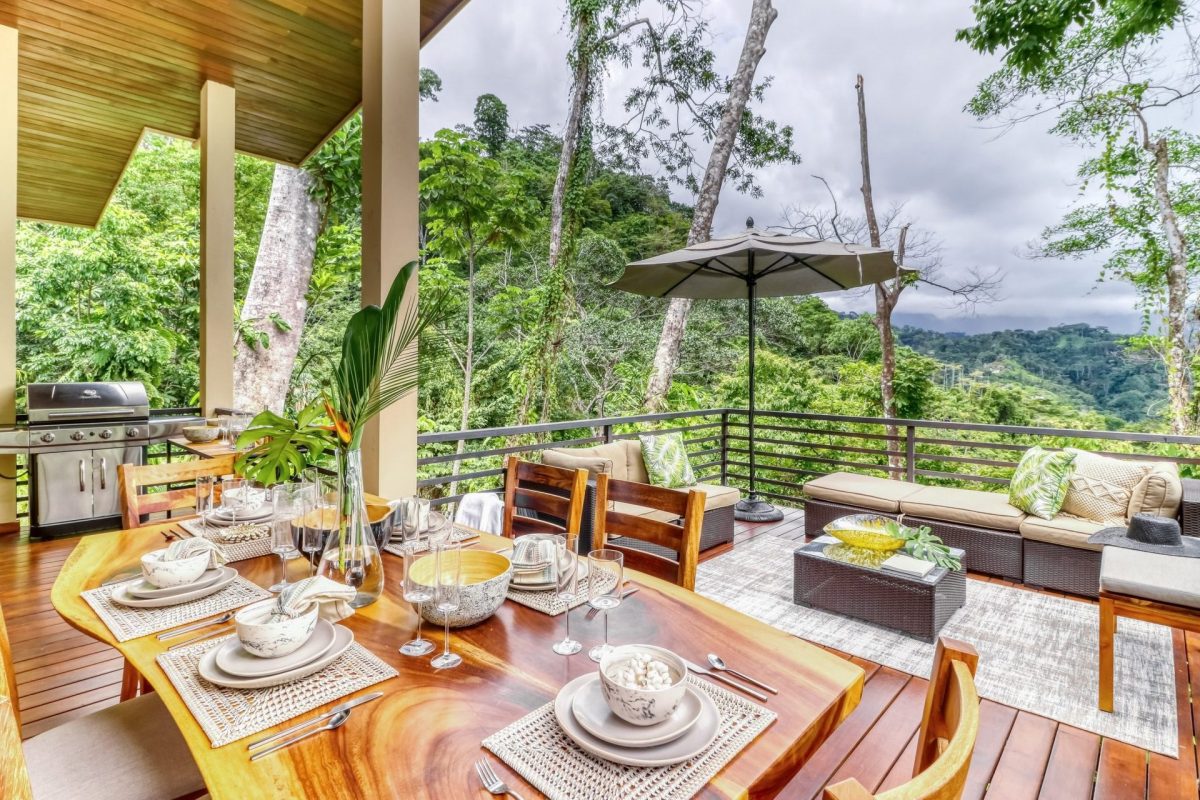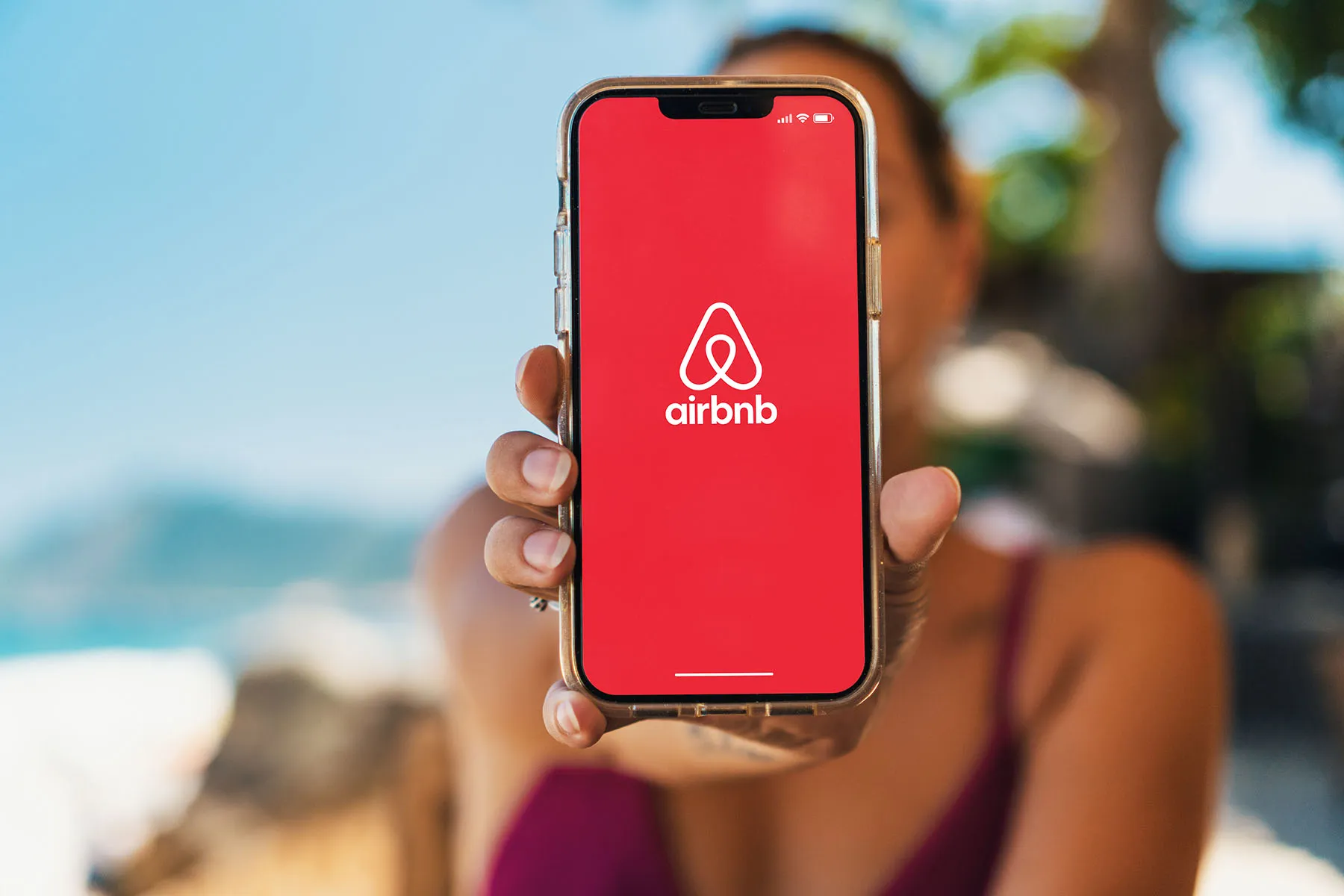Despite the Marriott Merger, Starwood Continues Growth of Tribute Portfolio

Skift Take
In the year since Starwood's Tribute Portfolio brand made its debut in April 2015, a lot has happened. A whole lot.
The soft brand collection's parent company was put up for sale last summer and in November, Marriott International beat out other bidders to acquire it. And, well, we all know what happened in March when one of those other bidders, Anbang Insurance Group, reappeared suddenly, inaugurating a bidding war and effectively forcing Marriott to sweeten its offer to buy Starwood and become the world's largest hotel company. Now that the Marriott-Starwood merger is nearly complete, both companies are proceeding with their plans as scheduled.
For Starwood's Tribute Portfolio, that means pursuing continued growth — much more than the company ever even anticipated for this soft brand of upper upscale, independent boutique properties. On April 28, Starwood announced three new signings for the brand, bringing its total global footprint to 20.
"We've been very pleasantly surprised with the growth we've seen," said Dave Marr, global brand leader for Tribute Portfolio. "One year in, we have 20 signed hotels. We thought it would be 10 hotels at this point."
So what's driving all these new Tribute Portfolio additions, especially if independent hotel owners know Tribute's parent company is effectively set to disappear in just a few months' time?
Marr said that independent-minded hotel owners continue to value the strength of Starwood's distribution system, especially access to its "high-value loyalty members," as well as the level of flexibility and independence they enjoy as being a part of Tribute Portfolio.
"As I talk to owners, particularly, the fact that we're holding true to allowing them the flexibility to create their asset, and their unique vision for their independent asset is resonating with them," Marr said. "They also enjoy that our loyalty base is different from the other organizations out there; our brands are so heavily weighted in the upscale, upper upscale, and luxury hotel space. The folks we're talking to, the ones who have nice independent hotels with good, strong average daily rates are excited to partner with Starwood and SPG (Starwood Preferred Guest) because they know our guest is used to staying in that caliber of hotel."
Marr said that as Starwood grows Tribute Portfolio, he and his team have been careful to pick hotels that fall into the upper upscale, four-star category and to seek out hotels and resorts in places where SPG guests are asking Tribute Portfolio to have properties.
That's why, for example, Tribute's three newest signings are in Shanghai, China, and Tampa and Sarasota, Florida, Marr pointed out. In a recent survey of SPG members, the company found that 62 percent would like the opportunity to stay at a Tribute Portfolio hotel in Shanghai.
What Will Happen Post-Merger?
Marr was quick to point out that Marriott has said it will keep all 30 brands following the close of the merger, which is expected to close by mid-year. And he thinks the independent global hotel market is big enough for both Tribute Portfolio and Marriott's Autograph Collection to coexist.
"Both organizations understand the huge potential in this independent hotel space," Marr said. "When you look at upscale and above, there are 26,000 independent hotels out there in the world today and that number continues to grow. When we look at it, we see this huge opportunity to continue to grow our footprint and promote really interesting independent hotels in the world. For us to say we only need one brand to address that potential or opportunity, it's like saying we only have one upper upscale brand."
Echoing Marriott CEO Arne Sorenson's earlier remarks, Marr said that following the merger, both teams will work to identify unique differentiators between all of their brands "so they can play in these same spaces."
Banking on Instagram Influencers and Social Media
One way in which Tribute Portfolio has already attempted to differentiate itself from the competition, as well as continue to drive brand awareness, is through its innovative social media marketing strategies, Marr said.
This included the brand's recent partnership with a consumer shopping service, Liketoknow.it, to transform Instagram into an e-commerce booking tool, of sorts. Tribute worked with Liketoknow.it to pick five different fashion-forward Instagram influencers who would each stay at one of Tribute's two Paris properties and post images of their stay on their respective Instagram accounts. When Liketoknow.it registered users "like" one of the photos, they are later emailed with a link encouraging them to book a stay at the hotels.
Marr said it's still too early to tell how the partnership is working and whether or not the promotion is translating into direct bookings, but he said, "We're surprised by the traction we've gotten. People think it's really interesting."
He also said Instagram is one of the brand's main awareness building platforms and targeting the digitally savvy, independent traveler is top of mind for the brand. "We use social media to help tell our story, in addition to traditional marketing channels. Whenever we announce a new hotel, we do it first on social channels."




